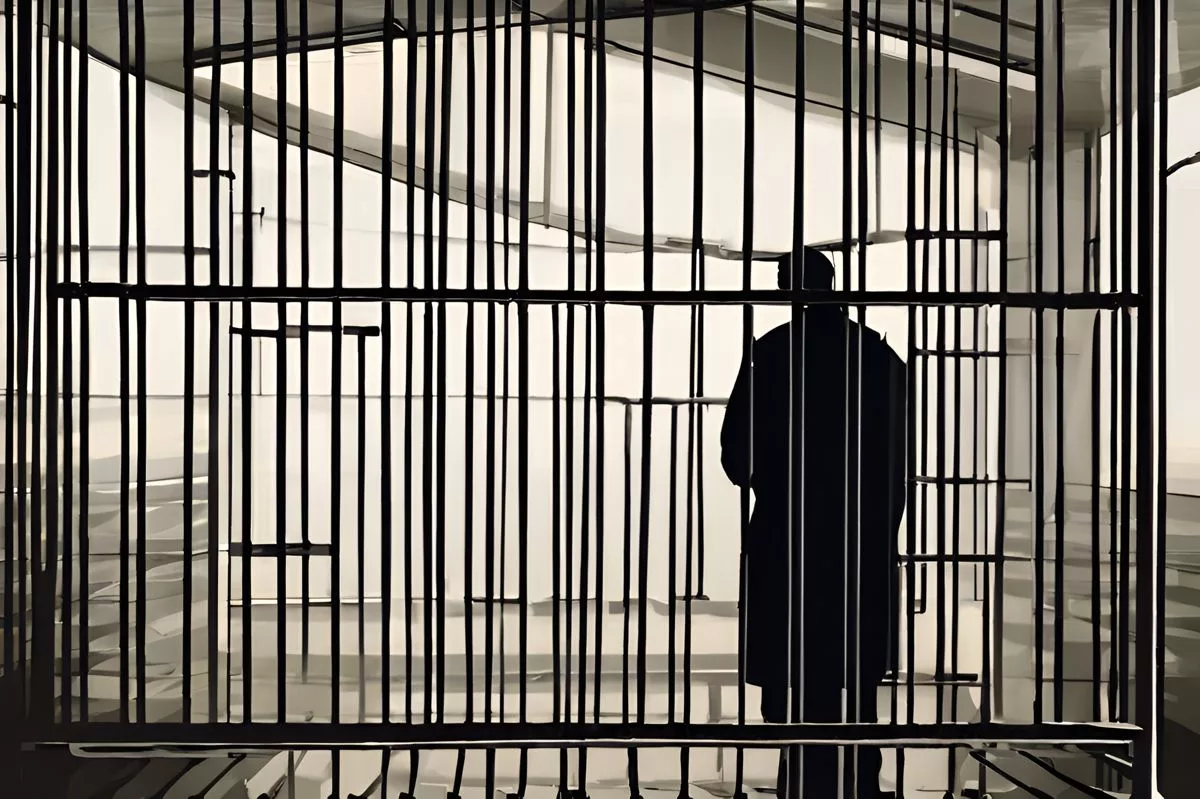President Ramaphosa spoke in the historic Cape Town City Hall, reflecting on South Africa’s progress over the past thirty years since gaining freedom. He acknowledged the challenges that the nation still faces, particularly among the youth, including high unemployment rates and persistent disparities between suburbs and informal settlements. However, the President also highlighted the technological revolution and advancements, improvements in education and healthcare, and the significant restructuring of state-owned enterprises. Despite the challenges, President Ramaphosa remains optimistic about South Africa’s future and calls for collective efforts in overcoming present challenges.
President Ramaphosa delivered a contemplative response to the State of the Nation Address, considering South Africa’s progression over the preceding three decades in the historic Cape Town City Hall. He emphasized the importance of South Africa’s history in sculpting its present and future, noted the persistent challenges, and highlighted the technological revolution and advancements. Despite the daunting challenges, President Ramaphosa exudes optimism about South Africa’s future.
In the historic Cape Town City Hall, the President of South Africa, Cyril Ramaphosa, delivered a contemplative response to the State of the Nation Address, considering South Africa’s progression over the preceding three decades. He drew attention to the nation’s pursuit of ‘true humanity,’ a vision ingrained in the guarantees of equality, basic freedoms, and opportunities encapsulated in the constitution.
The Significance of South Africa’s Past
The President emphasized the importance of South Africa’s history in sculpting its present and future, noting that understanding the country’s past can illuminate and spark actions today. He observed how significantly the nation has metamorphosed over the past thirty years of liberty.
The remarkable transformation is apparent in recent census data, which illustrate substantial enhancements in various social and economic indicators. However, of greater significance, this shift is discernable in the daily lives of South Africans, who have noticed influential changes in their communities and personal lives.
Nevertheless, President Ramaphosa candidly recognized the persistent challenges, particularly among the country’s youth. Despite the opportunities and progress experienced in the last three decades, numerous young South Africans are still wrestling with substantial hurdles.
The Challenges Ahead
The concerns that need attention, as highlighted by the President, include the steep unemployment rate, the escalating cost of living, enduring load shedding, corruption, crime, and insufficient basic services in several municipalities. Additionally, he acknowledged the enduring consequences of apartheid, evident in the sharp disparities between suburbs and informal settlements, affluent farmlands, and impoverished villages.
However, in the face of these challenges, South Africa has made significant strides in the last five years. The country’s economy has bounced back to growth, and new jobs have been created. The agricultural sector has experienced a boom in exports, with the country now exporting nearly half of its agricultural produce. Also, there has been a substantial influx of international tourists.
The government has been proactive in promoting investment in the economy, recognizing that investment plays an instrumental role in job creation and business expansion. In the past five years, five investment conferences have been organized, securing commitments totalling more than R1.5 trillion.
Technological Revolution and Advancements
Moreover, President Ramaphosa highlighted the technological revolution in South Africa, marked by a swift transition to a digital society. Data costs are decreasing, broadband speeds are escalating, and more people are accessing the internet, boosting the country’s economic growth.
In terms of energy, South Africa is making progress in resolving its electricity crisis, despite the destabilizing impacts of load shedding. Maintenance at Eskom power plants has improved, and an unprecedented number of businesses and households are installing rooftop solar panels.
In the education sector, despite the challenges, significant improvements are taking place, ensuring that today’s young generation will be more skilled, competent, and successful than their predecessors. More children are being enrolled in early childhood development programs, and the performance of children from less privileged backgrounds is improving due to initiatives such as no-fee schools, free school meals, and the child support grant.
In the health sector, the introduction of National Health Insurance is a major step towards ensuring healthcare access for all South Africans.
The President also emphasized the massive restructuring of state-owned enterprises, with the aim of making them more efficient in accomplishing their objectives, financially sustainable, professionally managed, and better safeguarded against corruption.
Despite the daunting challenges, President Ramaphosa exudes optimism about South Africa’s future. He stated, “As we face the challenges of the present, we must not disregard the significant developments occurring within the state, the economy, and society.” He concluded his address by stressing the importance of collective efforts and mutual determination in overcoming the present challenges and continuing to construct a better life for all children of democracy.
1. What did President Ramaphosa speak about in his reflective address?
President Ramaphosa spoke about South Africa’s progress over the past thirty years since gaining freedom, highlighting both the challenges that the nation still faces and the technological revolution and advancements, improvements in education and healthcare, and the significant restructuring of state-owned enterprises.
2. What challenges did President Ramaphosa acknowledge that South Africa still faces?
President Ramaphosa candidly recognized the persistent challenges facing South Africa, particularly among the country’s youth. The concerns that need attention include the steep unemployment rate, the escalating cost of living, enduring load shedding, corruption, crime, and insufficient basic services in several municipalities. Additionally, he acknowledged the enduring consequences of apartheid, evident in the sharp disparities between suburbs and informal settlements, affluent farmlands, and impoverished villages.
3. What progress has South Africa made in recent years?
Despite the challenges, South Africa has made significant strides in the last five years, including creating new jobs, experiencing a boom in agricultural exports, and attracting a substantial influx of international tourists. The government has also promoted investment in the economy, securing commitments totalling more than R1.5 trillion.
4. What technological advancements has South Africa made?
South Africa is experiencing a technological revolution marked by a swift transition to a digital society, with decreasing data costs, increasing broadband speeds, and more people accessing the internet. In terms of energy, South Africa is making progress in resolving its electricity crisis, and an unprecedented number of businesses and households are installing rooftop solar panels. The education sector has seen significant improvements, with more children being enrolled in early childhood development programs and the performance of children from less privileged backgrounds improving due to initiatives such as no-fee schools, free school meals, and the child support grant.
5. What restructuring has taken place in state-owned enterprises?
There has been massive restructuring of state-owned enterprises, with the aim of making them more efficient in accomplishing their objectives, financially sustainable, professionally managed, and better safeguarded against corruption.
6. What did President Ramaphosa conclude his address with?
President Ramaphosa emphasized the importance of collective efforts and mutual determination in overcoming the present challenges and continuing to construct a better life for all children of democracy.












